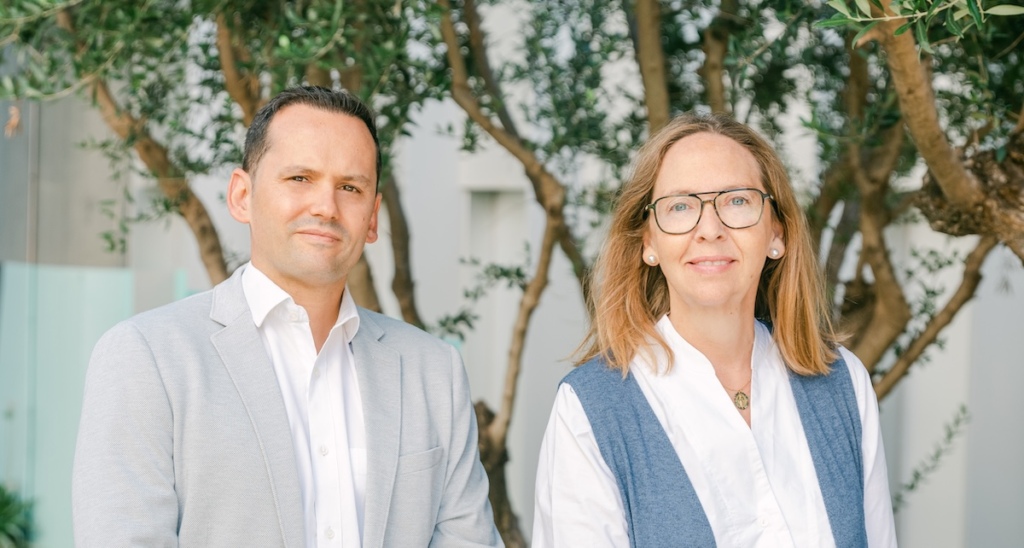
Spanish biotech company Oxolife is advancing a novel compound that addresses two critical gaps in women’s reproductive health: Polycystic ovary syndrome (PCOS) treatment and embryo implantation enhancement. The company’s Oxo-1 compound represents the first pharmaceutical specifically designed to improve implantation success while also tackling PCOS through a comprehensive approach.
From Failed Obesity Drug to Reproductive Medicine Breakthrough
The Oxo-1 compound originated from abandoned obesity research. Dr. Agnès Arbat, a clinical pharmacologist with pharmaceutical industry experience at Organon and Bayer, together with Ignasi Canals PhD, recognized the potential to find a new therapeutic pathway:
“We identified the connection between obesity and polycystic ovary syndrome as a potential therapeutic pathway,” explains Dr. Arbat, who co-founded Oxolife with Canals in 2013. “Based on the compound’s mechanism of action, we hypothesized it could provide therapeutic benefit for PCOS patients.
Initial PCOS animal models validated this hypothesis – pregnancy rates increased from 9% to 80% with Oxo-1 treatment. The results suggested the compound was affecting multiple aspects of reproduction beyond just ovulation restoration.
Pioneering Implantation Enhancement
Rather than compete in existing therapeutic areas, Oxolife focused on embryo implantation – a process with no current pharmaceutical solutions, according to Dr. Arbat. The company conducted a Phase II clinical trial in Europe with women undergoing IVF, achieving significant results: Oxo-1 increased implantation rates by 23% and live birth rates by 6.9% in women up to 40 years old.
“The compound enhances the expression of key molecules that facilitate embryo adherence, invasion, and successful implantation,” Dr. Arbat explains. “It demonstrates a direct effect on the endometrium with therapeutic specificity – the embryos that implant proceed to healthy live births.”
Holistic PCOS Approach
Recent preclinical data shows Oxo-1 addresses both metabolic disorders and reproductive outcomes in PCOS models. The compound demonstrates direct effects across the reproductive system – hypothalamus, pituitary gland, and ovaries – restoring ovulation through comprehensive regulation rather than targeting individual symptoms.
This positions Oxolife uniquely in PCOS treatment, which typically addresses symptoms separately rather than the underlying syndrome comprehensively. However, the company acknowledges PCOS heterogeneity presents recruitment challenges for clinical trials.
“This treatment approach would not be appropriate for all PCOS patients, but rather a specific sub-population,” Dr. Arbat notes. The company is utilizing biomarker analysis from preclinical data to define targeted patient populations for upcoming Phase II PCOS trials.
Addressing Unmet Medical Needs
For Dr. Arbat, Oxolife represents mission-driven innovation addressing genuine gaps rather than developing incremental improvements to existing therapies. Both PCOS comprehensive treatment and implantation enhancement are first-in-class opportunities in women’s health.
“We are committed to addressing significant unmet medical needs,” Dr. Arbat emphasizes. “Both areas represent critical therapeutic gaps where no adequate pharmaceutical solutions currently exist.”
Oxolife has raised €15 million to date through private investors, family offices, public grants, and crowdfunding, with Spanish firm Inveready as lead investor. The company is currently raising additional funding to kick off Phase II PCOS trials, which would give Oxolife clinical data in both target indications.



